My husband tested positive for covid on Christmas Eve. Needing to keep my distance from him and without visitors, I plunged into a large, tricky jigsaw puzzle and was left pondering the parallels between puzzling and fiction writing.
It’s quite an undertaking; this unruly mound of fragments, bearing no resemblance to the image on the box demands all your concentration and hours of your time. No short cuts. The only way to do this is one small piece at a time.
I love the total absorption. The satisfaction of establishing the skinny border, finding the parameters within which all the action will take place. My eyesight becoming superhuman, differentiating the subtlest shades and textures. The joy of knowing exactly where a piece goes and dropping it into place. Rummaging through the box for a flash of pink but finding that last black edge piece I thought was missing. Coming back after a break – because sometimes you absolutely have to take one – and immediately finding what you couldn’t find before.
A few edge pieces usually elude me on the first attempt at creating the border, but I’m happy to start building the main picture with a couple of gaps. Some people can’t do this. They need their borders secure before they start. Others sort the pieces into mounds of colour before joining a single one to another. Some just start, relishing the slow build of form from chaos. Some start straight away on that little section in the top left because that’s what caught their attention. Others think it’s cheating to even look at the picture. These people annoy me.
I’m troubled by puzzlers who think their way is the only way – everyone ends up with same picture, why be dogmatic? If you love jigsaws, find the most enjoyable way and go for it. And if you love writing stories, find your own writing practice and go for that. Puzzles and novels can be fiendishly difficult, so take any enjoyment you can.
Of course, this analogy collapses at the end. Have you ever heard a novelist say that the story they end up writing matches exactly the story they originally imagined? Some didn’t even start with a story, maybe just a compelling idea or image.…please excuse me, I’ve got to go and think about a set of old jigsaws that contain the clues to an unsolved crime…
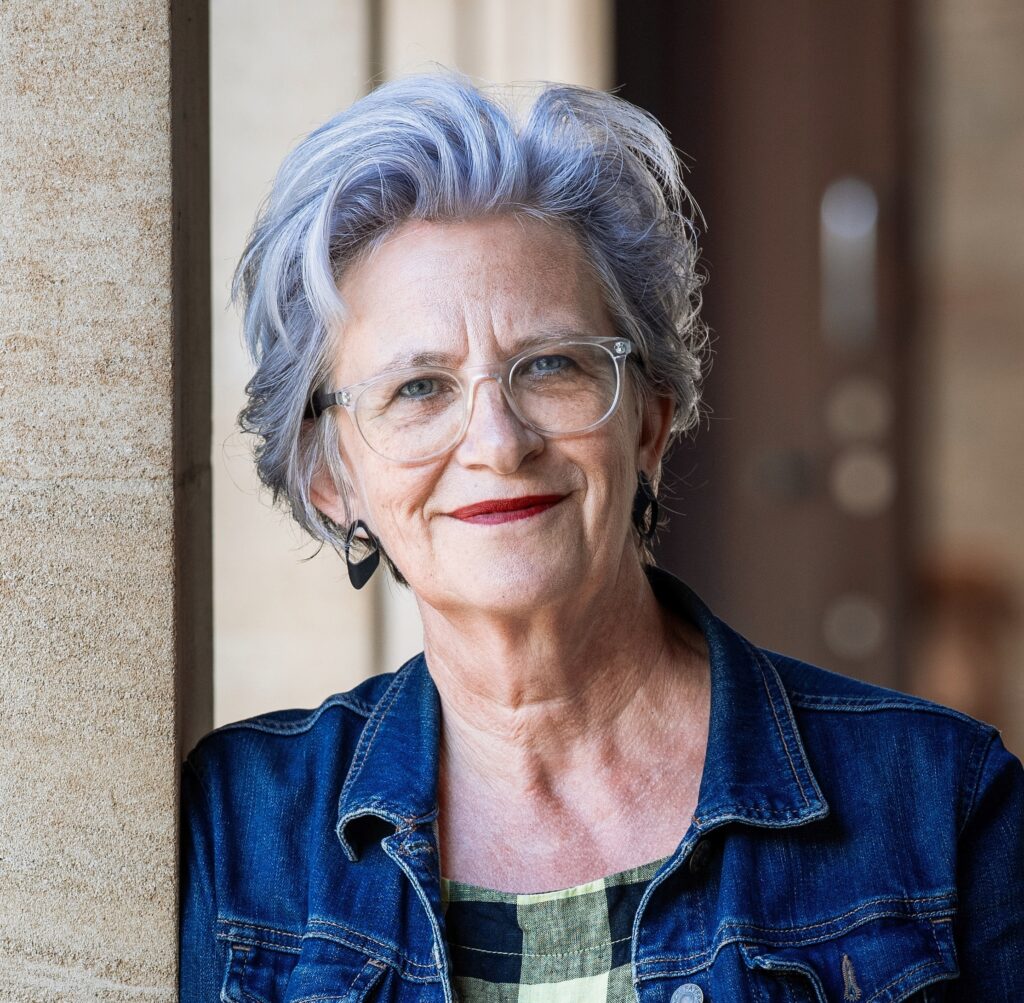
Jo Browning Wroe grew up in a crematorium in Birmingham. She has an MA in Creative Writing from the University of East Anglia and is now Creative Writing Supervisor at Lucy Cavendish College, Cambridge. Her debut novel, A Terrible Kindness, was shortlisted for the Bridport Peggy Chapman-Andrews award.

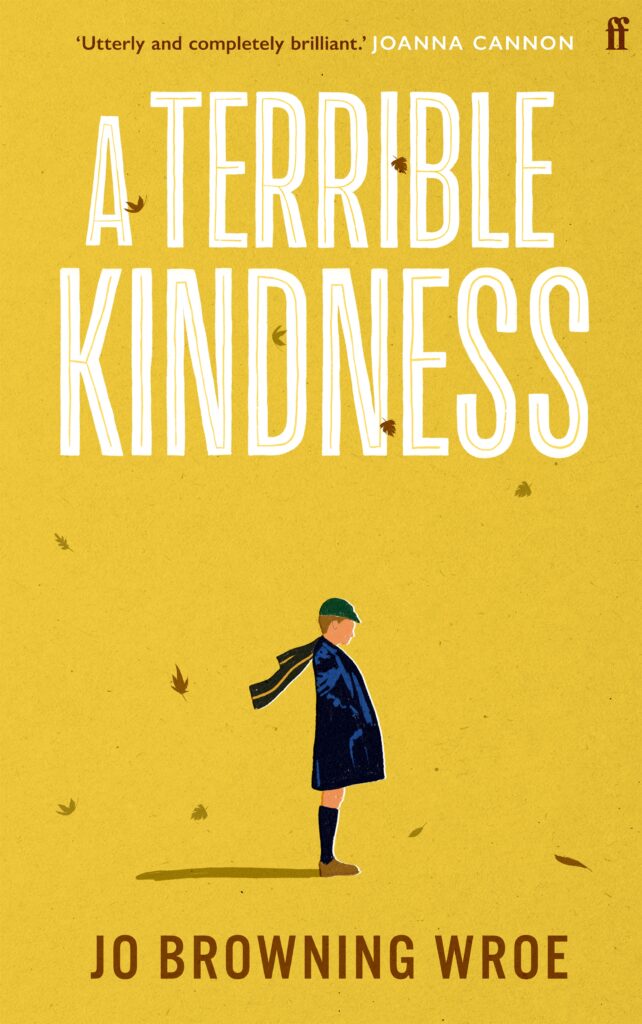


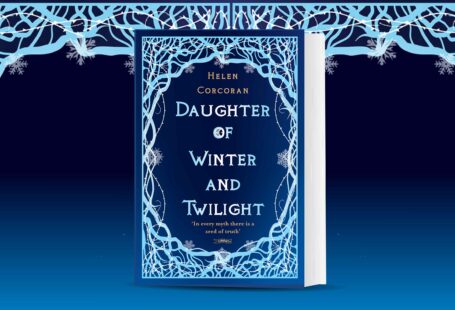
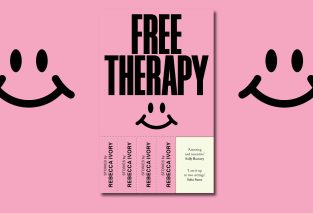
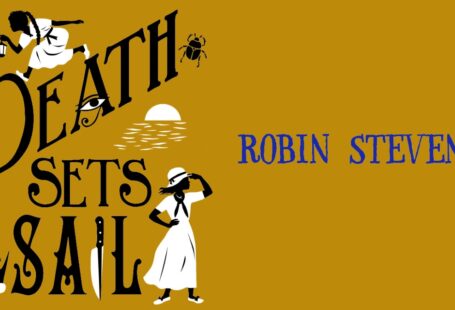
Recent Comments